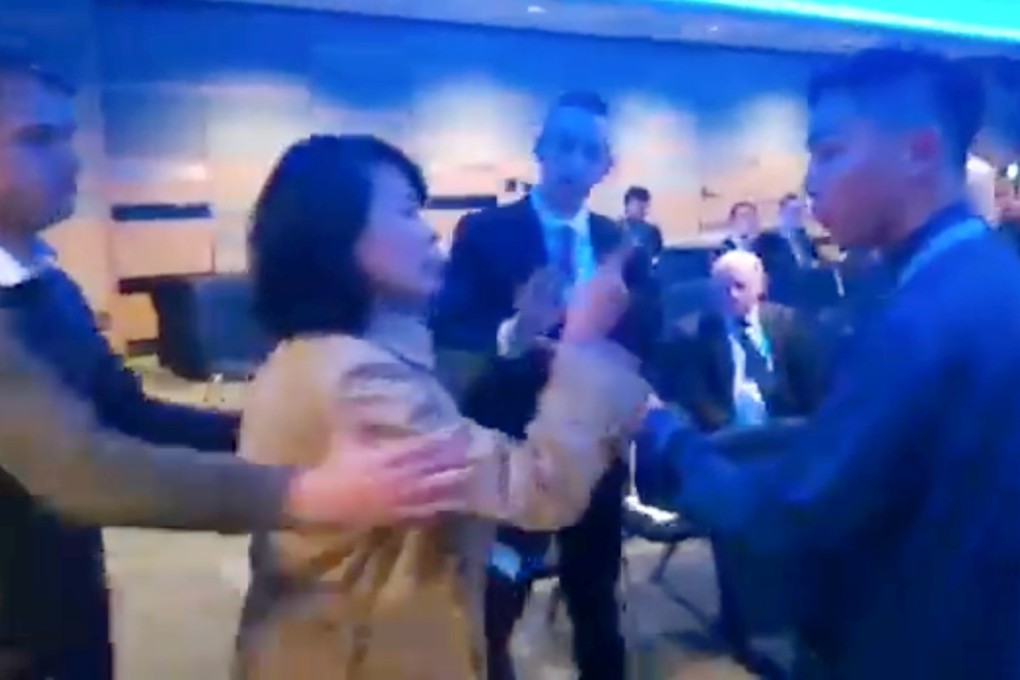Advertisement
What makes a good journalist in China? Someone willing to go on the attack in defence of Communist Party propaganda, it seems
Audrey Jiajia Li says under orders from Xi Jinping and party bosses, Chinese journalists have been increasingly weaponised to not only spread the party line but attack opposing views
Reading Time:4 minutes
Why you can trust SCMP

While a TV reporter in China, I was selected as a finalist for the China News Award, the highest national journalism prize, two years in a row. The first time, I actually won. However, the award and finalist status were both retracted due to what authorities deemed “negative impact”, meaning my work was at odds with the “correct guidance of public opinion”. I eventually realised I would never make a good journalist by official standards, let alone win a prize.
In February 2016, when I read that President Xi Jinping had asked for absolute loyalty from state media and demanded they bear the “family name of the [Communist] Party”, I was convinced that the professional journalistic skills and ethical principles taught in international academic institutions would not apply in China.
Against the backdrop of increasingly vehement nationalistic rhetoric in the traditional media and on the internet, an even more demanding performance criteria for evaluating my colleagues has become the new norm: Chinese journalists should proudly proclaim that they are propaganda workers, and are expected to confront anyone who dares not to adhere to the official narrative.
Chinese journalist who slapped volunteer at event on Hong Kong released by British police
As a result, I didn’t find the recent news involving a China Central Television (CCTV) reporter, Kong Linlin, surprising. Kong was detained last week in the UK after losing it during an event on Hong Kong autonomy, where she shouted at the speakers, called them puppets and traitors and allegedly slapped one volunteer who attempted to escort her out.
Advertisement
In Chinese politics, reactions afterwards are usually more important than the event itself. The Chinese embassy in London quickly ratcheted up its condemnation of how the incident was handled and demanded an apology from the organisers – Hong Kong Watch and the Conservative Party Human Rights Commission.
Advertisement
The diplomatic mission stated: “In a country that boasts freedom of speech, it is puzzling that the Chinese journalist should encounter obstruction in such a way and even assault at the fringe event when she simply raised a question and expressed her opinions. This is completely unacceptable.” The embassy announced a day later that Kong had been released, “amid stern representations from the Chinese embassy and public pressure”.
Advertisement
Select Voice
Choose your listening speed
Get through articles 2x faster
1.25x
250 WPM
Slow
Average
Fast
1.25x